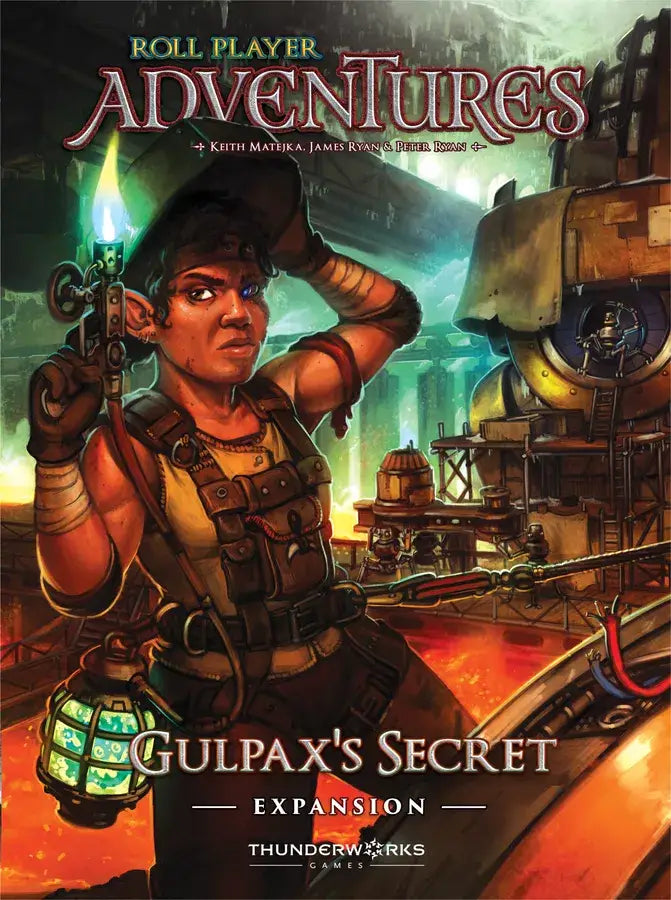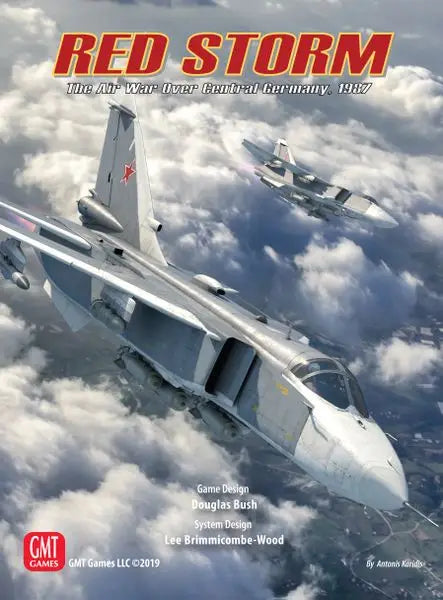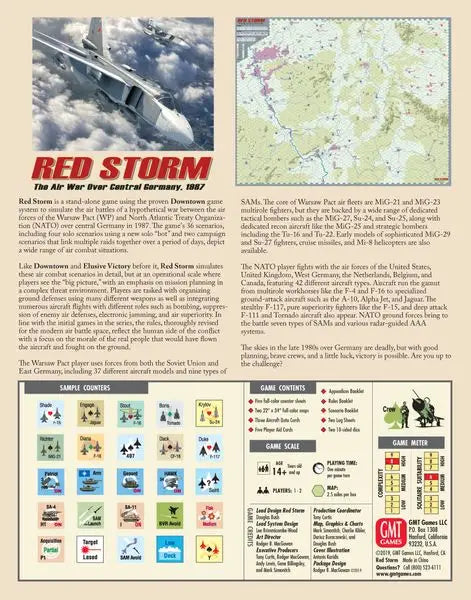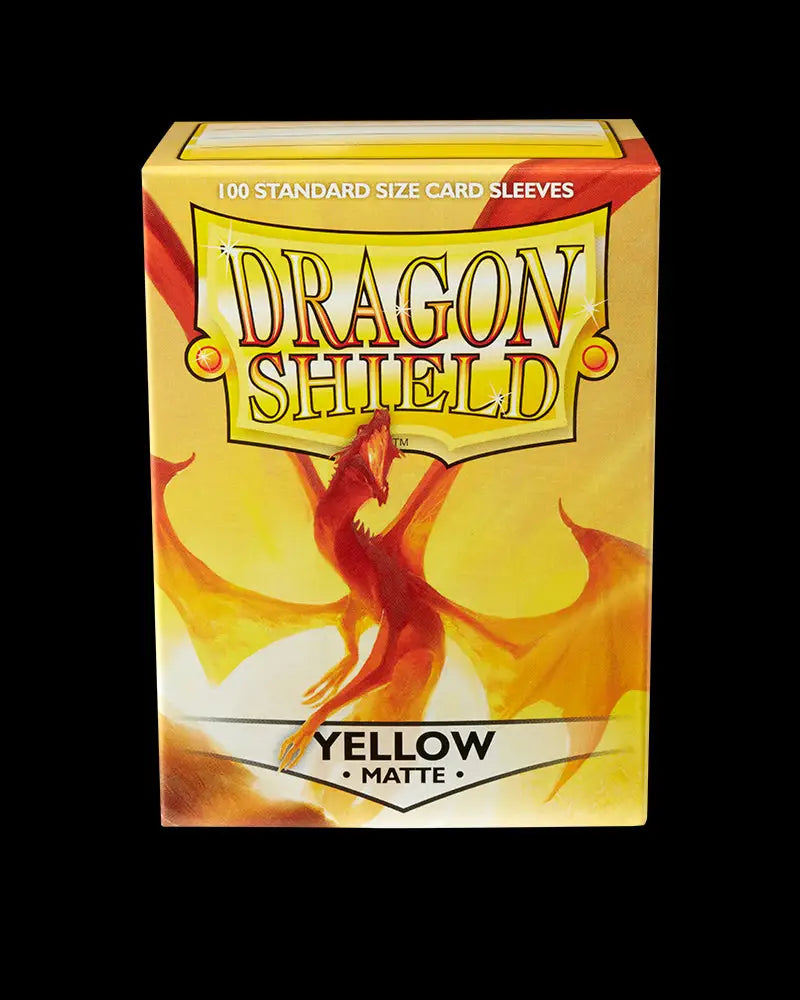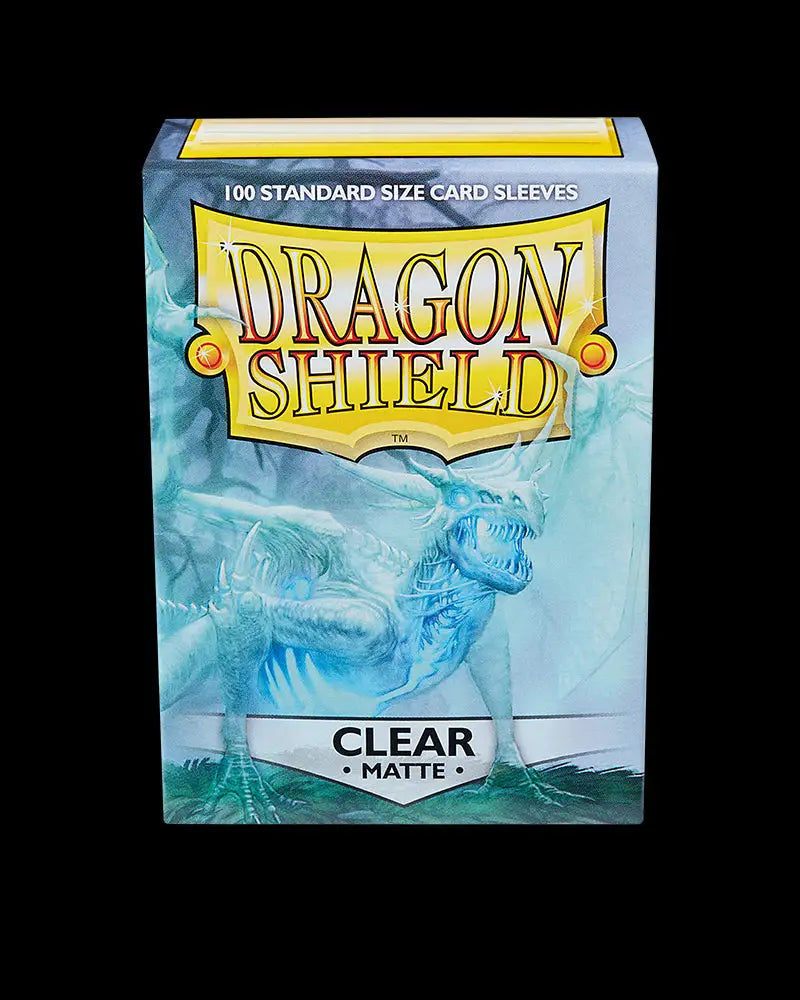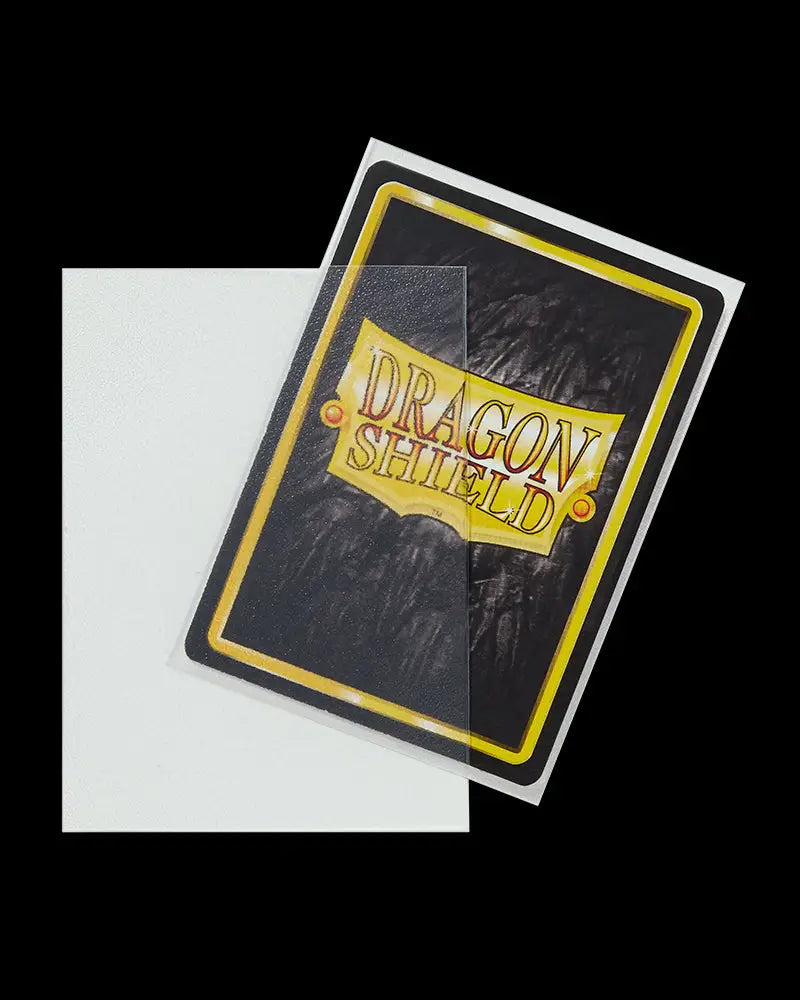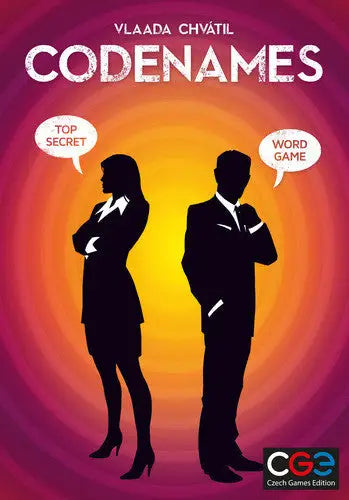Product description
"Red Storm" is the second sequel to the Charles S. Roberts Award-winning game Downtown. Red Storm is a standalone game that utilizes the Downtown game system to depict a hypothetical air war in May/June 1987 over the central portion of the NATO/Warsaw Pact front in central Germany. Like Downtown and Elusive Victory before it, Red Storm is an “operational” level air warfare game where players manage large strike packages and numerous combat air patrols in an effort to strike enemy targets, protect their own ground troops, and secure control of the air over the land battle raging below. Both sides have highly advanced all-weather aircraft, long-range missiles, precision bombs, sophisticated electronic warfare assets, and dense air defense networks of surface-to-air missiles and radar-guided AAA. The game features aircraft from the United States, United Kingdom, West Germany, Canada, Belgium, the Netherlands, Soviet Union, and East Germany.
As the NATO player, you fight outnumbered in the air, but with a qualitative edge in technology and better-trained pilots. NATO faces the daunting task of contesting the air in the face of the initial onslaught from the WP air forces while also getting bombs onto targets on the ground both on the frontline and rear echelon forces of the Soviet and East German armies. As the Warsaw Pact player, you must push your numerous but less flexible forces to the absolute limit in an effort to overwhelm NATO forces in the air and destroy them on the ground, all while supporting advancing ground forces. Both players also have to manage their air defense networks consisting of overlapping layers of SAM and AAA.
Units
Like earlier games in the series, units in Red Storm are flights of 1 to 4 aircraft, each tasked with different roles such as bombing, combat air patrol, close escort, or jamming support. Red Storm features more than 50 types of aircraft, including both older “3rd Generation” workhorses like the F-4E Phantom II and MiG-23 Flogger as well as advanced “4th Generation” fighters including the US F-15 Eagle, the UK/West German Tornado, and the Soviet MiG-29 Fulcrum. Aircraft from the air forces of Belgium, West Germany, the United Kingdom, the United States, the Soviet Union, and East Germany are provided. Ground units depict various types of troop concentrations, SAMs, and AAA assets. The SAM network on both sides is both more numerous and more dangerous than ever, with low-altitude SAMs like the UK Rapier, US Chaparral, and Soviet SA-13 Gopher joining a daunting array of medium/high altitude SAMs like the US Patriot and Soviet SA-12.
Maps and Terrain
Two 22” x 34” map sheets depict the rough terrain in the central portion of the NATO front line, reaching from the Rhine river in the west to the Thuringia region of southwest East Germany. The map uses the same scale of approximately 2.5 nautical miles per hex used in earlier games in the series. This densely populated region of Europe features numerous rivers, cities, and airfields dot the map. Unlike earlier games in the series, Red Storm features a frontline that moves steadily west as the Warsaw Pact armies advance.
Game System
Like the earlier games in the series, Red Storm requires both players to do planning for both their air and ground forces prior to a scenario. Raid forces must be generated, targets and routes planned, and aircraft loadouts determined. SAM, AAA, and radar units must be placed to take advantage of the rough terrain and frequently poor weather of central Germany.
During a scenario, players go through a sequence of phases each turn where they conduct electronic warfare, use various means to detect and track enemy flights, and move and fight with their flights while potentially being attacked from the ground. The heart of game is the movement phase where players use a chit-draw system that allows players to alternate moving one to five flights at a time.
Scenarios
The war depicted in Red Storm is a short one, with just six weeks between the start of the air war and a fateful initiation of nuclear warfare by both sides. More than 20 scenarios feature a mix of day and night operational missions for both sides, including missions to directly support frontline ground troops as well as many missions that “go deep” behind enemy lines to strike enemy airfields, logistics, and air defense networks. These range in size from smaller, partial-map ones that can be played in an afternoon to very large, full-map scenarios that might take a couple of days to complete. There are also scenarios depicting reconnaissance missions, airborne drops, helicopter assaults, special forces insertions, cruise missile strikes, and delivery of nuclear weapons.
Components
Two 22” x 34” maps
1,260 die cut counters
One Rules Booklet
One Scenario Booklet
One Appendices Booklet
Five Full-Color Player Aid Cards
Three Full-Color Aircraft Data Cards
Two 10-sided dice
NATO and Warsaw Pact log sheets
Product specifications
Language: English


